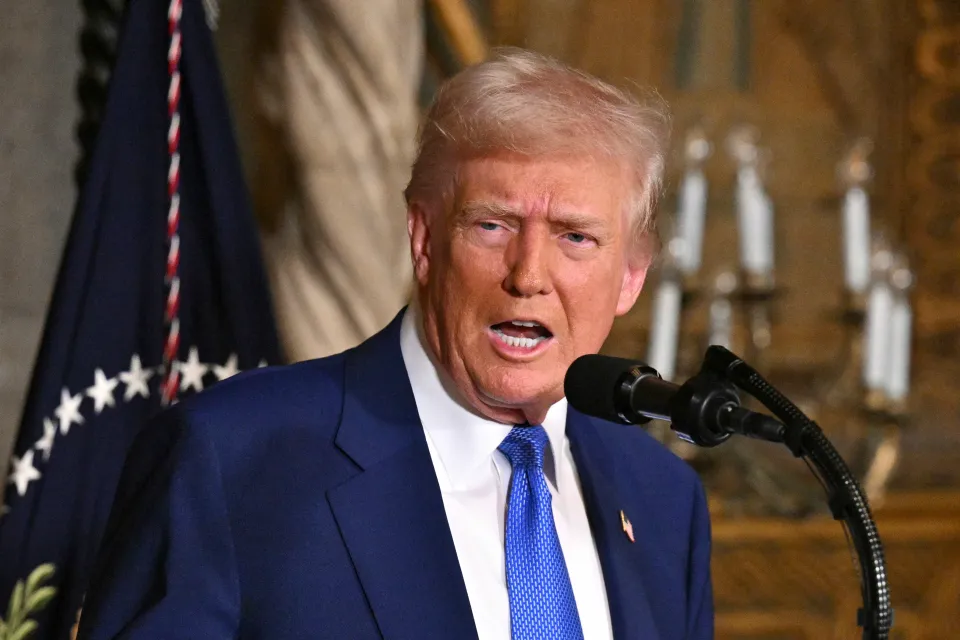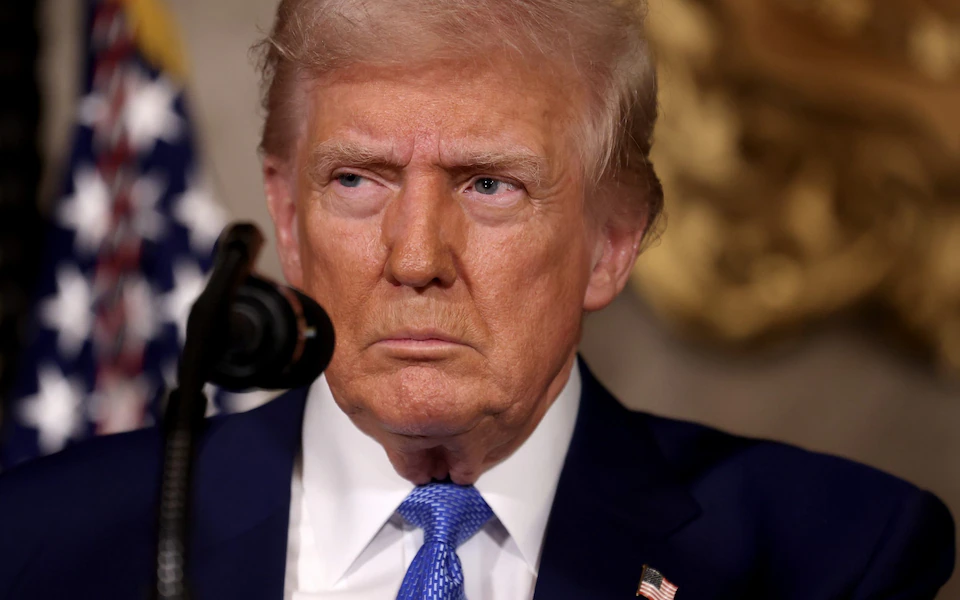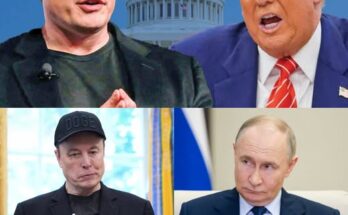A federal judge has ruled that the Trump administration must pay millions of dollars to multiple nonprofit organizations after finding that the administration violated the terms of a temporary restraining order related to the freezing of foreign aid. This ruling marks a significant legal rebuke against the former administration’s handling of foreign aid funds and highlights the broader implications of executive overreach and judicial oversight.
The Foreign Aid Freeze Controversy
The dispute traces back to the Trump administration’s 2019 decision to withhold congressionally approved foreign aid funds to various nonprofit organizations operating internationally. The freeze, implemented by the Office of Management and Budget (OMB) under the directive of then-President Donald Trump, aimed to reassess aid programs deemed unnecessary or contrary to U.S. interests.
The move sparked immediate backlash from lawmakers, foreign policy experts, and humanitarian organizations, who argued that the decision circumvented congressional authority and endangered critical international programs. The aid suspension affected funds allocated for development projects, healthcare initiatives, and democracy-building efforts in regions vulnerable to instability.
In response, multiple nonprofit groups and legal advocacy organizations filed lawsuits challenging the legality of the aid freeze. A federal judge issued a temporary restraining order (TRO) to prevent the administration from withholding the funds. However, the Trump administration allegedly failed to comply with the order, leading to a legal battle over the consequences of the violation.

The Court Ruling and Its Legal Justification
In the latest ruling, the federal judge determined that the Trump administration’s actions constituted a clear violation of the TRO. The judge emphasized that when a court issues an order, compliance is mandatory, regardless of political motivations or executive policies.
Legal analysts point to the ruling as an affirmation of the judiciary’s role in maintaining checks and balances within the U.S. government. By refusing to adhere to the court’s directive, the administration set a precedent that, if left unchallenged, could undermine the authority of judicial oversight over executive actions.
The judge ordered the federal government to pay millions of dollars in compensation to the affected nonprofit organizations. These funds are intended to cover financial losses incurred due to the aid freeze, including disrupted operations, project delays, and contractual obligations left unfulfilled.
Nonprofit Organizations and Advocacy Groups
The ruling was welcomed by nonprofit organizations and human rights advocates, who have long criticized the Trump administration’s approach to foreign aid. Many organizations view the decision as a victory for accountability and the rule of law.
“The court’s decision reaffirms that no administration is above the law,” said a spokesperson for one of the affected nonprofits. “The impact of the aid freeze was devastating to the communities we serve, and we are relieved that justice has been served.”
Former Trump Administration Officials
While Trump has yet to comment on the ruling, former officials from his administration have defended the aid freeze, arguing that it was a necessary measure to ensure taxpayer dollars were being used effectively. Some have characterized the lawsuit as politically motivated, claiming that the courts are being used to target conservative policies.
“The decision to review foreign aid spending was based on legitimate concerns about waste and accountability,” said a former senior administration official. “This ruling sets a dangerous precedent where judicial overreach can interfere with the executive branch’s authority over foreign policy.”
Legal Experts and Political Analysts
Legal scholars largely agree that the ruling underscores the importance of following judicial orders. They note that the case could serve as a precedent for future legal battles over executive power.
“This ruling sends a clear message that executive actions must comply with judicial directives,” said constitutional law professor David Langston. “Ignoring a court order undermines the very foundation of our legal system.”
Political analysts also speculate on the broader implications for Trump’s legal challenges, particularly as he remains a central figure in the Republican Party’s political landscape.

The case raises critical questions about the limits of presidential power, particularly in the realm of foreign aid and congressional appropriations. Legal experts suggest that future administrations may be more cautious in implementing policies that could be perceived as circumventing legislative authority.
The Biden administration has taken steps to restore foreign aid programs that were disrupted during the Trump years. However, the case highlights ongoing tensions between executive discretion and congressional control over federal funding.
Furthermore, the financial penalties imposed on the federal government serve as a warning that noncompliance with judicial orders can have significant legal and financial consequences. Some experts argue that Congress may need to strengthen enforcement mechanisms to ensure that executive branches adhere to court rulings.
The federal judge’s decision to order the Trump administration to pay millions for violating a court order on foreign aid freezing is a landmark ruling with far-reaching implications. It reaffirms judicial authority, holds government officials accountable, and underscores the importance of adhering to legal constraints on executive power.
As the political and legal ramifications unfold, this case will likely remain a touchstone in discussions about the separation of powers, the role of the judiciary, and the impact of executive actions on global humanitarian efforts. For now, nonprofit organizations affected by the aid freeze can look forward to financial restitution, while the broader debate over the limits of presidential authority continues to shape the national discourse.


